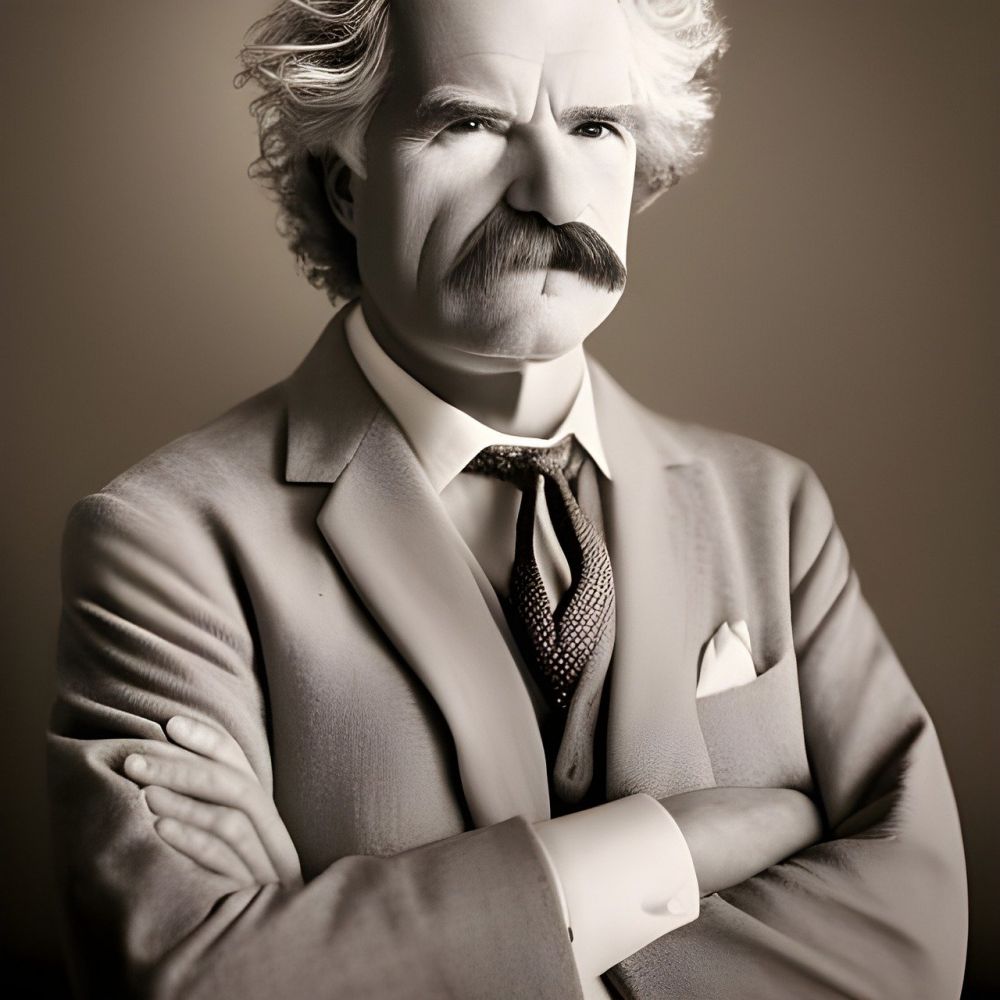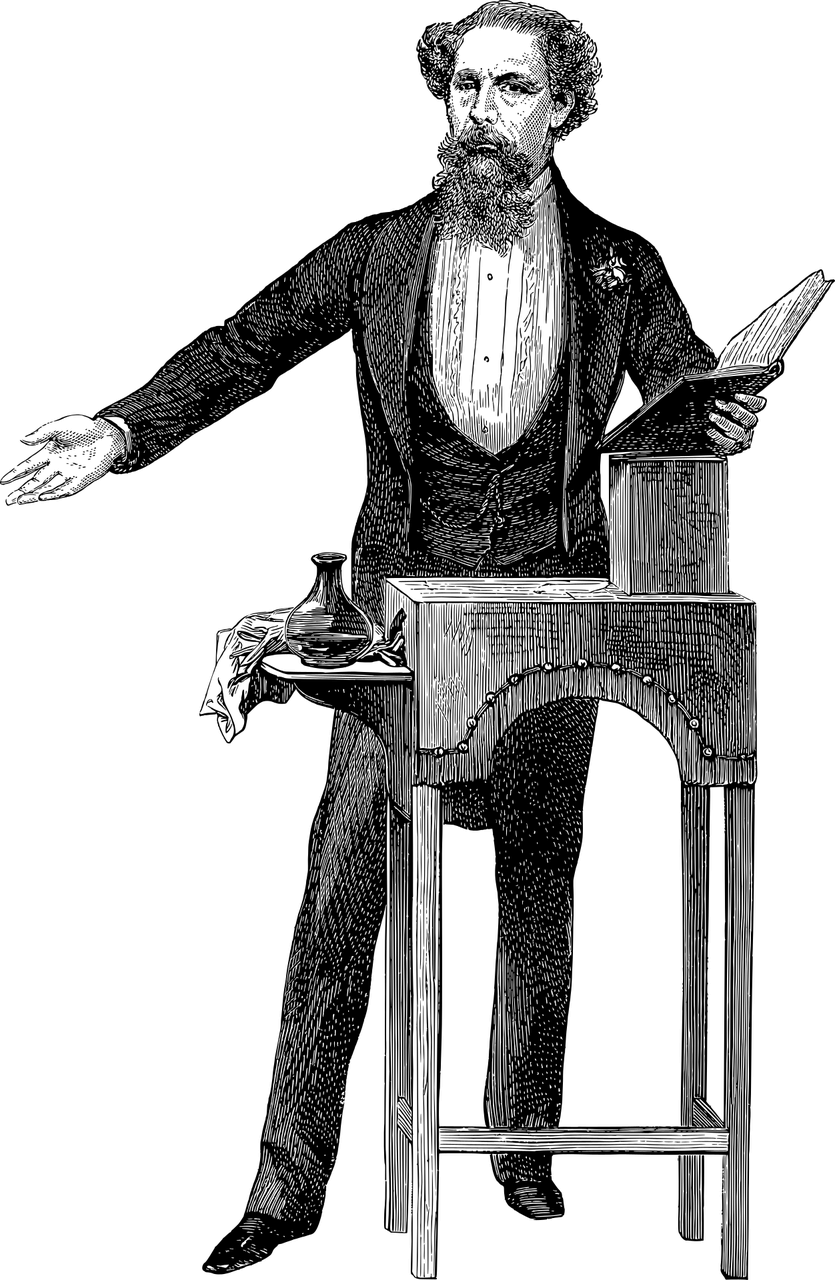Emma is a novel written by Jane Austen, a renowned English author of the 19th century

Published in 1815, it tells the story of Emma Woodhouse, a young woman who is determined to play matchmaker for those around her. With its wit, humor, and insightful portrayal of social class, Emma has become one of Austen’s most beloved works.
Emma Jane Austen: A Timeless Tale of Love and Matchmaking
H2Introduction to Emma Jane Austen

Emma Jane Austen is a novel that holds a special place in the hearts of literature enthusiasts. Set in the fictional town of Highbury, the story revolves around the young and wealthy Emma Woodhouse. She lives a privileged life and has a penchant for meddling in the romantic affairs of those around her. As the plot unfolds, Emma learns important lessons about love, self-discovery, and the consequences of her actions.
H2A Historical Journey: Emma Jane Austen’s Evolution
Emma was published during a time when British society was undergoing significant changes. The early 19th century witnessed the rise of the Industrial Revolution and the Napoleonic Wars, which greatly influenced Austen’s writing. Her novels often explored the complexities of social class, romance, and the role of women in society.
Emma, although not as widely known as Pride and Prejudice or Sense and Sensibility, was a departure from Austen’s previous works. It showcased a more mature writing style and delved deeper into the complexities of human relationships. The novel incorporated elements of satire and irony, with Austen using witty dialogue and astute observation to critique the societal norms and expectations of the time.
H2Key Themes and Characters in Emma Jane Austen
One of the central themes in Emma is the exploration of love and marriage. As a matchmaker, Emma is determined to find suitable partners for her friends and acquaintances. However, her misguided attempts often lead to misunderstandings and heartache, forcing her to confront her own misconceptions about love.
Throughout the novel, Austen also highlights the importance of self-awareness and personal growth. Emma’s journey towards self-realization is a crucial aspect of the story, as she learns to recognize her own faults and the consequences of her actions. By the end of the novel, Emma emerges as a more mature and compassionate individual.
The characters in Emma are vividly portrayed, each with their own distinct personalities. From the kind-hearted and romantic Harriet Smith to the reserved and enigmatic Mr. Knightley, Austen creates a diverse array of characters that add depth and complexity to the narrative.
H2Emma Jane Austen’s Enduring Influence
Despite being published over 200 years ago, Emma continues to captivate readers to this day. Its timeless themes of love, self-discovery, and social dynamics make it relatable across generations. Emma has been adapted into numerous film and television adaptations, introducing a new audience to Austen’s work.
H2Conclusion
In conclusion, Emma Jane Austen is a masterpiece that showcases Austen’s exceptional storytelling abilities. Its exploration of love, social class, and personal growth resonates with readers of all ages. Emma’s journey towards self-realization serves as a reminder that sometimes the most important match we make is with ourselves.
Through its enduring influence and adaptation into different mediums, Emma continues to enchant and inspire audiences. Whether you’re a fan of classic literature, an admirer of Austen’s works, or simply looking for a delightful and thought-provoking read, Emma Jane Austen is a novel that should not be missed. So, pick up a copy, dive into the world of Highbury, and join Emma on her journey of love and self-discovery.





